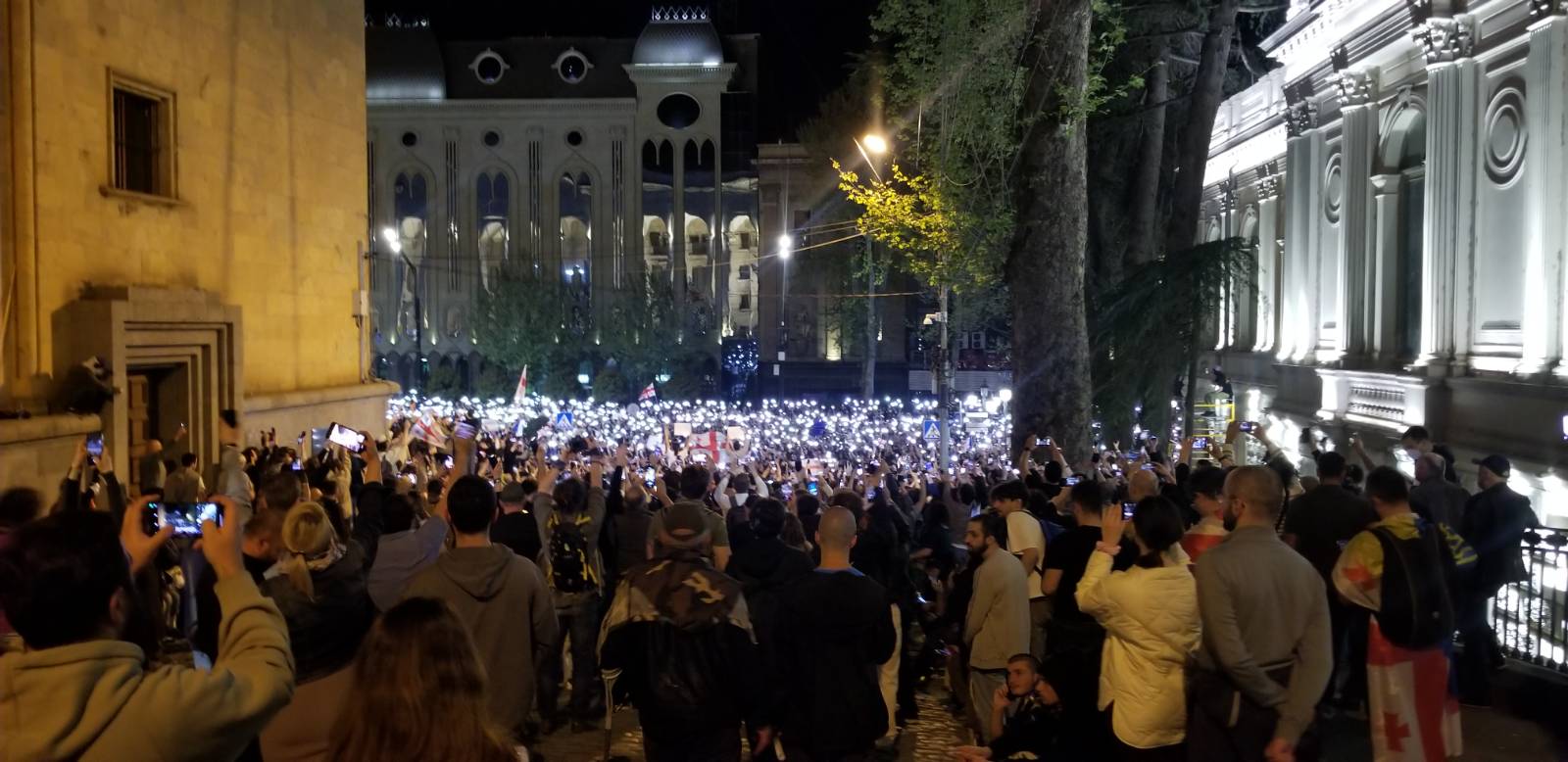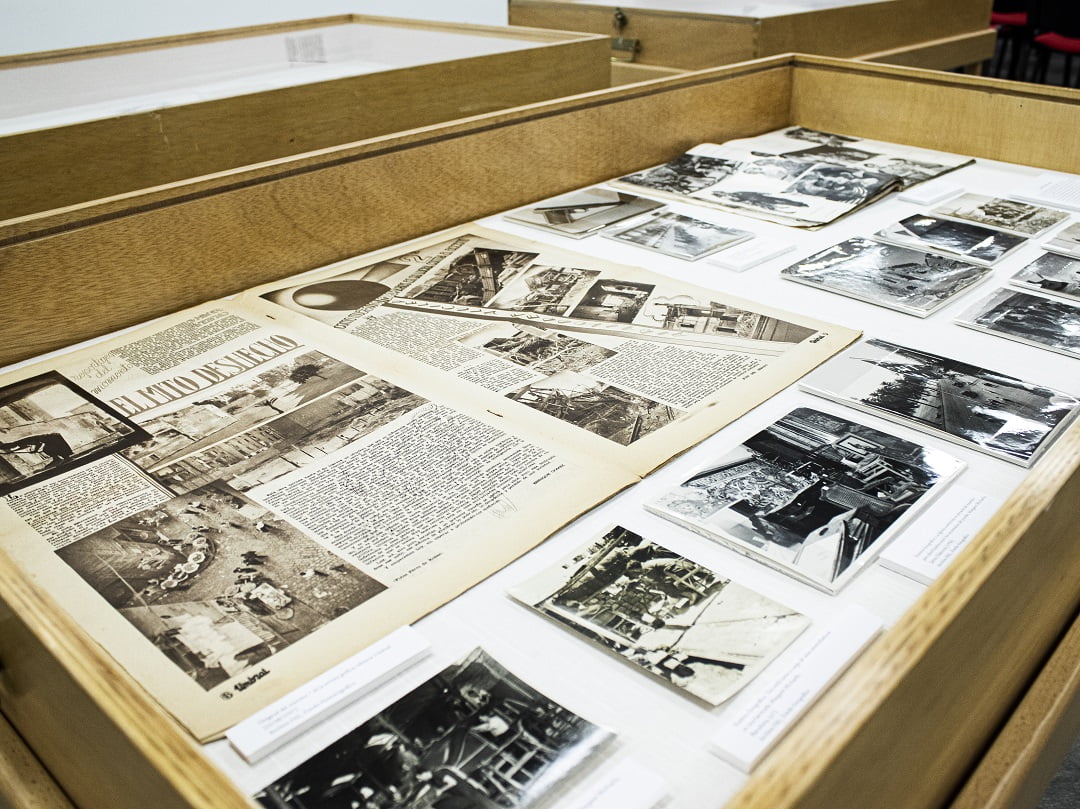Much of the December 1912 issue of Freedom was given over to a celebration of its star writer Peter Kropotkin’s 70th birthday celebrations. The political philosopher had long since established a reputation as one of anarchism’s greatest thinkers, and was fulsomely praised for his “ceaseless energy … and intense conviction that our ideals would live through and eventually triumph.”
Another large chunk was taken up by an article on the Mexican Revolution (1910-20) by J F Moncaleano, who had been expelled for starting a revolutionary paper in Mexico City.
A smaller piece, however, is worth highlighting here.
ANTI-WAR DEMONSTRATIONS
Whilst the war clouds were threateningly collecting over Western Europe, the Social Democrats held an International Congress at Basle, Switzerland, to decide on action in face of the menacing situation. As usual with our Parliamentarian friends, their action has taken the form of words, words, words. Long and heated discussions to evolve resolutions which must satisfy everybody and hurt nobody.
At the same time the French Confederation of Labour held an extraordinary conference in Paris against the war; 1,453 organisations were represented, and after lively debates the delegates came to the conclusion that the time for action had arrived, and they accepted the principle of a general strike of twenty-four hours as a preventive measure of war. To show the government that they are in earnest, on December 16th a general strike will be declared for a day to warn the government that the French workers do not want to fight their brothers across the Rhine in some diplomatic game.
The Congress decided further that if an order for mobilisation is issued, the workers are not to present themselves for military service, but to assemble in their local syndical groups and declare a revolutionary general strike.
The Confederation of Labour (Confédération Générale du Travail, or CGT), while a fairly typical reformist union today, was in 1912 the most militant and powerful syndicalist organisation in France, with anarcho-syndicalists making up the major part of its membership particularly in the wake of Emile Pouget and Victor Griffuelhes‘ immensely influential roles. Fiercely opposed to Parliamentarian approaches, its adoption of the Charter of Amiens in 1906 became a cornerstone of French union militancy.
The “war clouds” mentioned involved the First Balkan War, by then two months in and, for keen observers of international politics, a potential flashpoint for a Europe-wide conflict. It was feared that without demonstrable proletarian resistance, France’s elites would drag the nation into a disaster.
The calling of a general strike however was a major undertaking from the anarchists and militants who had crowded into the small hall of the La Bellevilloise cooperative for that conference – and a major potential risk. While the union could call on hundreds of thousands of people in workplaces across the country to strike, doing so for a political purpose, one at the heart of “national pride” no less, was a difficult ask. Previous discussions in 1911, over the French-German Agadir Crisis, had not led to anything and there were fears that another failure, a humiliation, could cause major damage to political mobilisations in years to come.
This time the balance was in favour of action. The right of the union was not strongly backed and the Anarchist Communist Federation (FCA) had become well organised within the building and metalworking trades, especially in Paris. Metal workers were in fact some of the most enthusiastic proponents of a full class war approach, involving the production of sabotage manuals and an insurrectionary strike in the event war was declared.
These most militant voices, pushing for immediate social revolution, went a step further than the aims of officials, including Griffuelhes, however, and in the end a 24-hour strike was agreed almost unanimously.
The mobilisation for strike action took place over the course of three weeks, driven by a belief that war was imminent, and was done in the face of immense pressure from the State and “patriotic” press. FCA members and syndicalist youth members saw particularly heavy repression with many leading members detained. A blow to the aims of the strike, ironically, took place on December 3rd when a temporary armistice was agreed between the Ottoman empire and Bulgaria for peace talks in London, which would continue into January the next year.
Despite this, however, organising continued and in the end met with limited success, showcasing where the political power of the syndicalists lay at the time across large parts of France. The CGT pulled out 600,000 workers on December 16th 1912 for the 24-hour strike, with strong participation from building, metals and furnishing workers in the cities, miners in the Ardennes, dockers in Nantes and Le Havre. Shoe factories and spinning mills were stilled in Fougères, Saint-Quentin, Roanne, Valenciennes, Vienne and Amiens. Agriculture workers in Gard, Hérault and the Pyrénées-Orientales struck heavily.
It was a good showing, but the CGT was isolated in its ability to call on workers to strike against nationalism and war. Its strike was not enough to put off the French government, and once the conflict had begun the CGT’s militant wing was targeted as an internal enemy. During World War I the CGT accepted the “sacred union,” pledging not to strike while the war was on to the disgust of its remaining radicals.
By the end of the war the union’s strength had been exhausted, with much working class energy turning instead towards the seeming success of Leninism. In its aftermath, splits on the left between backers of the Soviet Union’s Comintern and those who wanted to remain independent led to a split from the CGT, with radicals forming the Confédération générale du travail unitaire (CGTU) in 1922. The new union was soon subordinated to the French Communist Party, before eventually rejoining the CGT in 1936 But with the dust now settled, that powerful radicalism which had driven hundreds of thousands to reject imperial adventurism was much reduced.
This is part of our monthly series looking back on working class struggle in the early 1910s in the run-up to World War One, through articles found in the Freedom archive.
Check out Union Communiste Libertaire for more detail!
Pic: The general strike of December 16, 1912, in Bourges.








